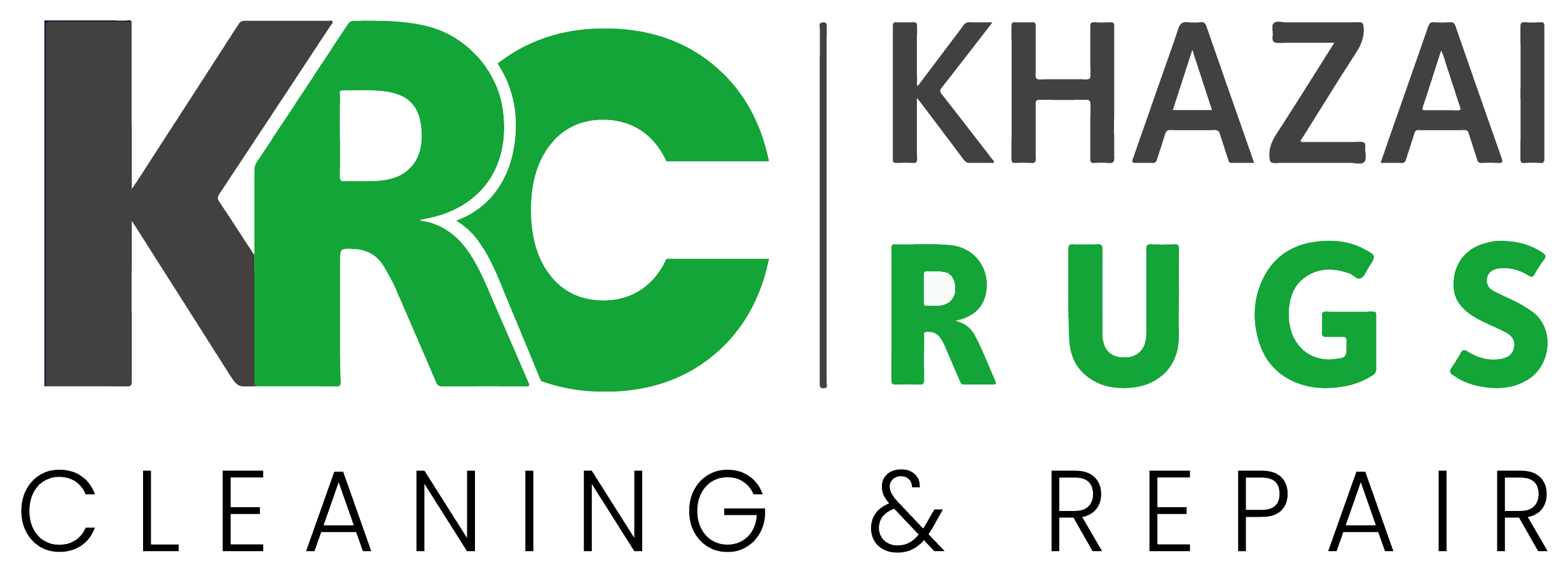Tuyserkan Rugs

South of Alvand Mountain, a point of
junction between the Zagros folds and the
central Iranian plateau, lies the town of
Tuyserkan (also Romanized as Tuisarkan). It
is the fourth big urban settlement in the
Hamadan province.
Tuyserkan has reputation for its rich and deep
soil, perfect for planting nut trees.
Tuyserkanis believe the best of Persian
walnuts are theirs, which is a challenging
claim on this most beloved tree and most
favored nut in Iran.

Tuyserkan’s walnuts

Shrine of Habakkuk in Tuyserkan
Habakkuk,[a] who was active around 612 BC, was a
prophet whose oracles and prayer are recorded in the
Book of Habakkuk, the eighth of the collected twelve
minor prophets in the Hebrew Bible. He is revered by
Jews, Christians, and Muslims
Tuyserkan belongs to the Hamadan rug
weaving area, enjoying same features in
structure and raw materials, but in design it
has more similarity with Kurdish designs of
its western neighboring province,
Kermanshah. Vardavard, wrongly Romanized as
Vordoveh, is a village of Tuyserkan county,
woven pieces of which are famous for quality
and perfect rendering of the county’s iconic
design.
Technical aspects and the structure of Tuysarkan Rugs

Tuyserkan rugs are woolen piled, single-
wefted, and woven with the
symmetrical/Turkish knot on cotton warps
and wefts.

There are also a range of antique Tuyserkans
with double-wefted structure. Roughly all rug sizes are woven in Tuyserkan
including rare sizes such as square shapes.
Runners and carpet sizes have also been
made in Tuyserkan but rarely.
Dyeing and painting of Tuyserkan rugs

Dark-blue grounds are predominant in
Tuyserkan rugs like in other southern regions
of the Hamadan province. Red and camel are
next favored grounds. Secondary shades used
in Tuyserkan rugs are mostly light and bright.


Undyed camel hair of the region brings a
shining golden camel, matching well the
lustrous cotton yarn of the area. This shade is
used for Vardavard (Vordoveh) grounds,
giving them a unique feature of the design.
Benefitted by the Zagros’ nature, the palette
of the area is not corrupted by chemical dyes.
From walnut to madder, the area profited by
the best of natural dyes. Dyers make various
reds out of madder including pink, rosy and
crimson.
Designs and patterns of the Tuyserkan rugs

Tuyserkan is considered a center for central
medallion designs with geometric medallions
and pendants. Medallion, pendants and
corners are executed with dented lines.
The medallions could be irregular hexagons
and octagons or simply lozenges, all rather
large in their ground’s format. Hooked
patterns and pointy angles are common in
Tuyserkan rugs.
Oblong sizes lead to elongated rendering of
the design type. To emphasize on this feature
Tuyserkan designers use strips of narrow
margins around thin grounds of such pieces.
Square-shaped lead to patulous medallions,
some of which resembling unfolded bundles.


